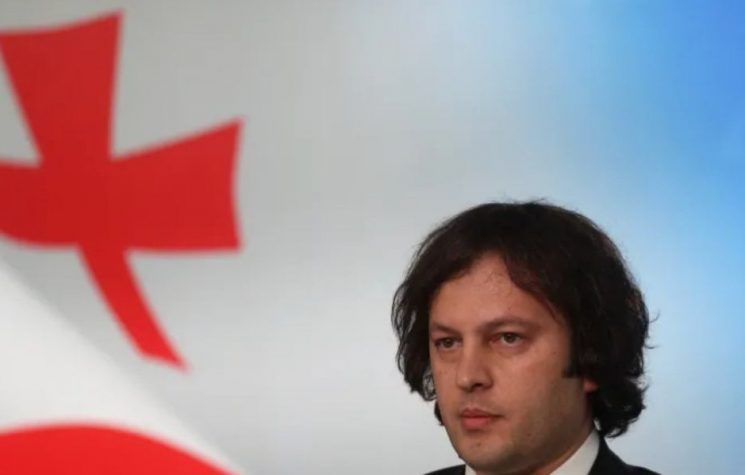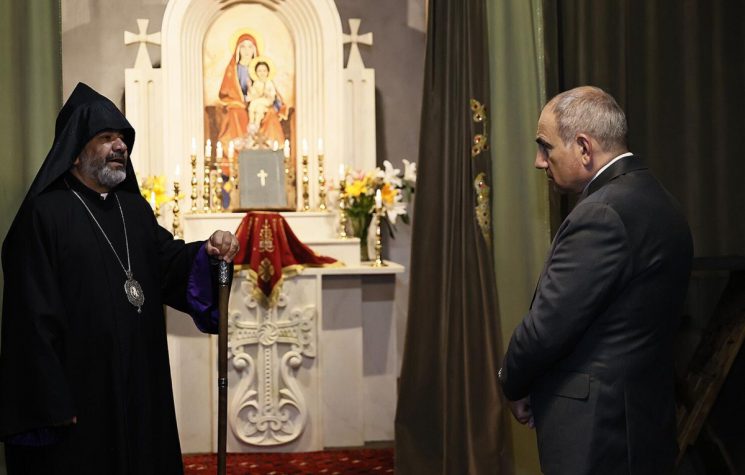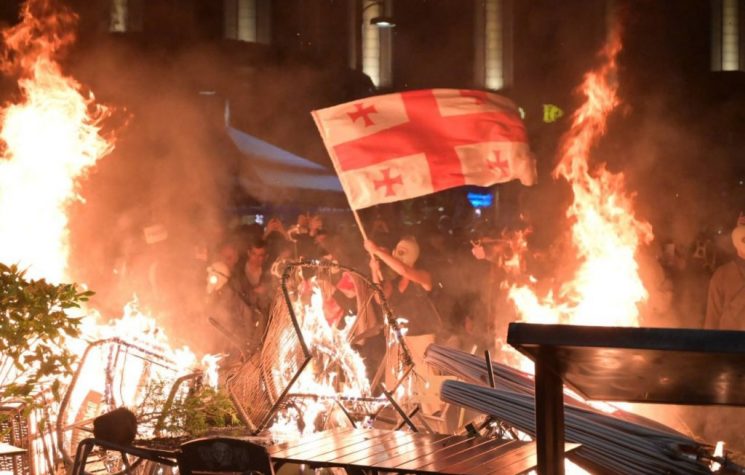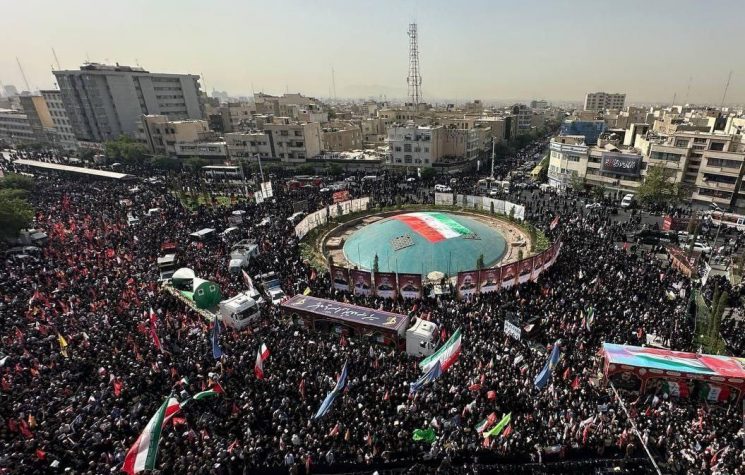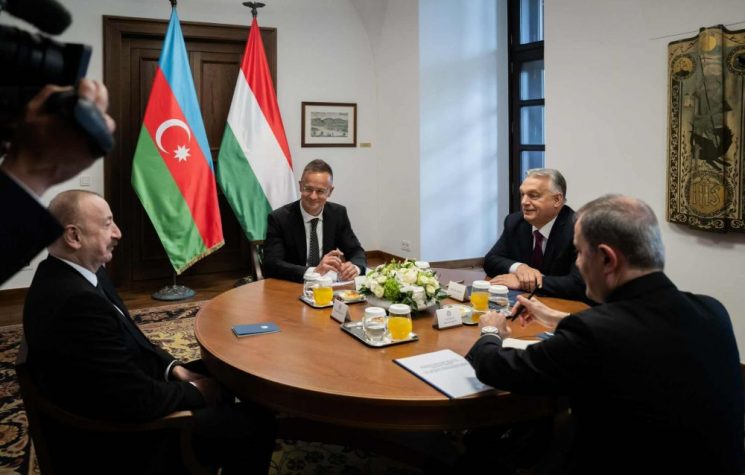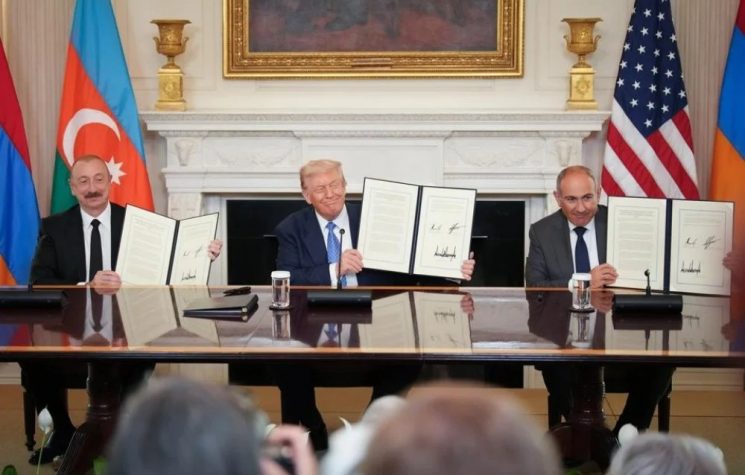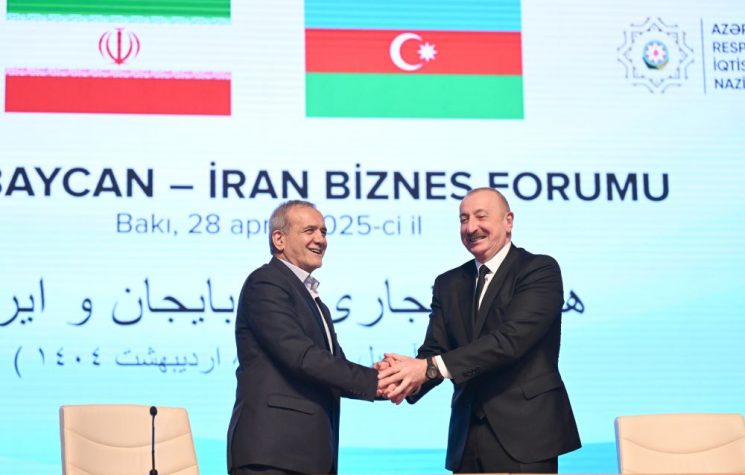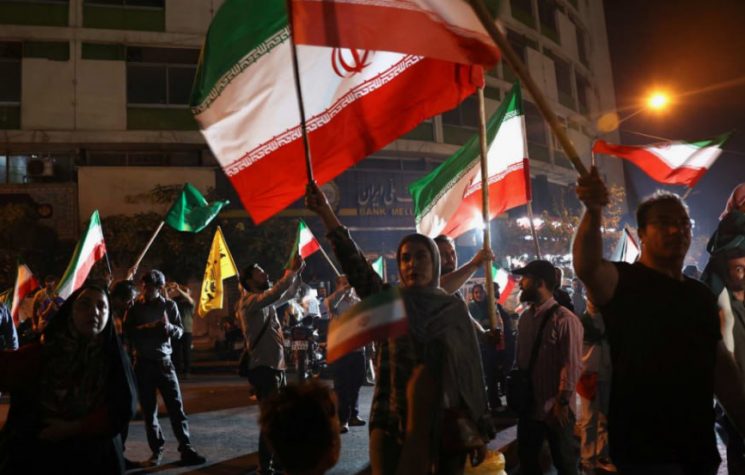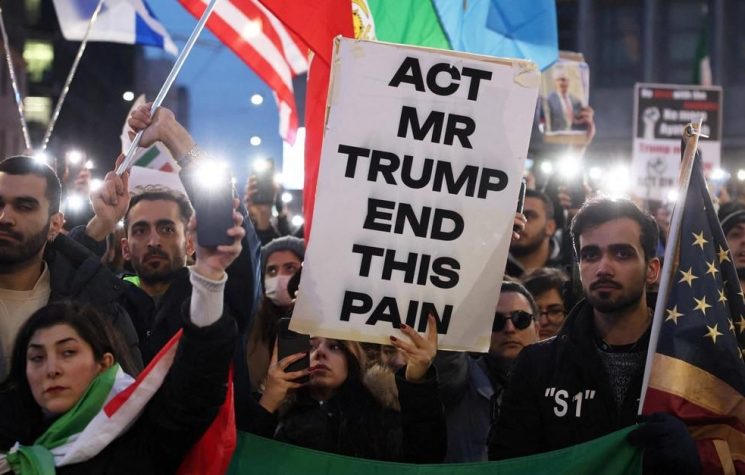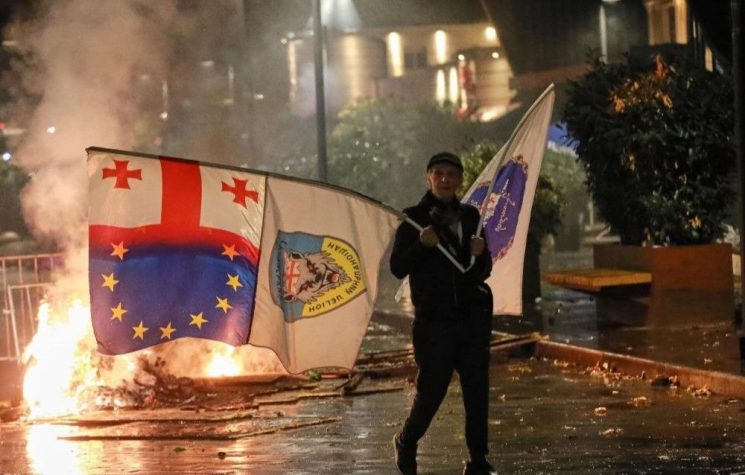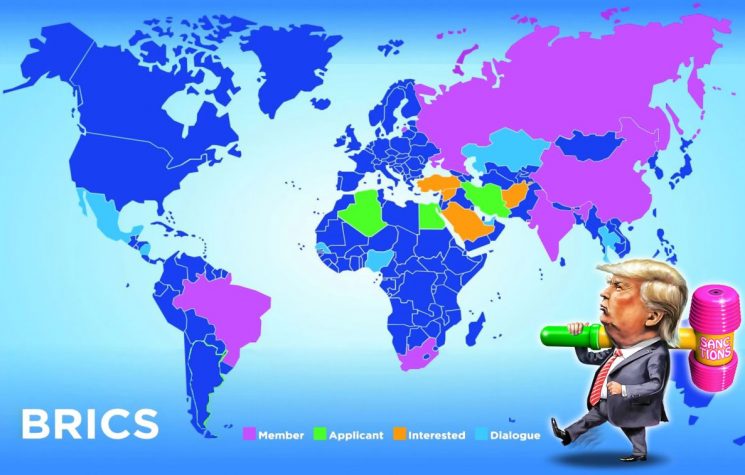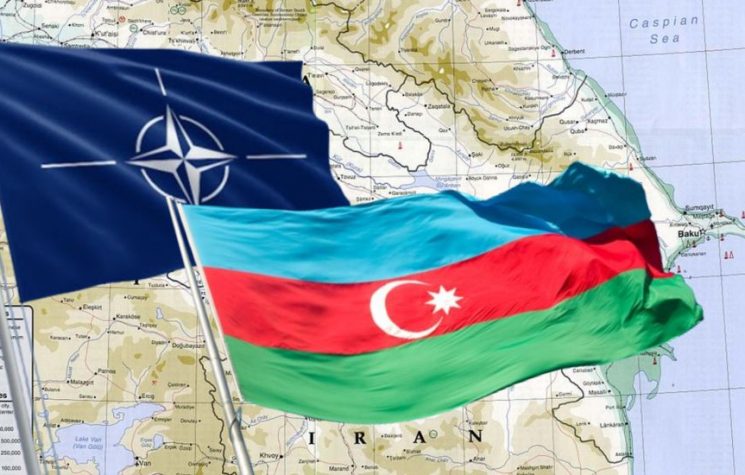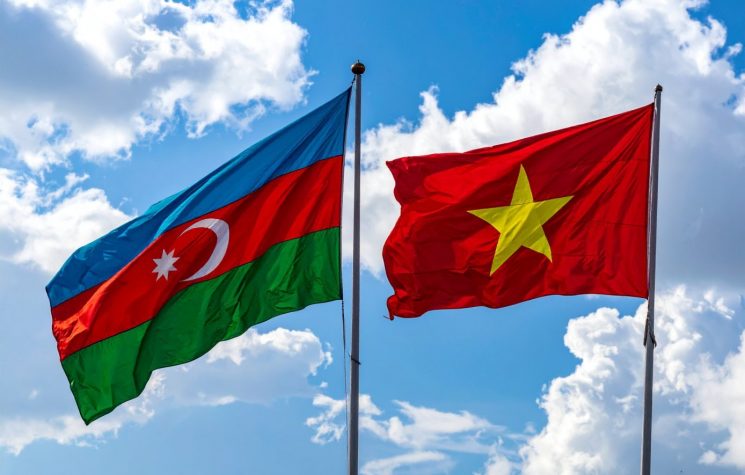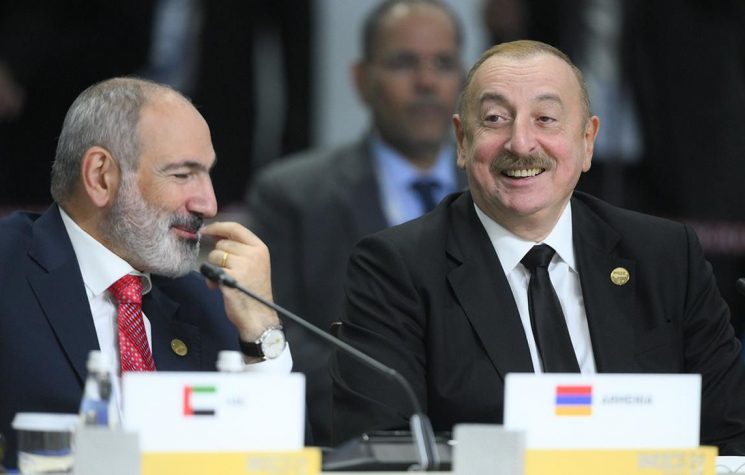The Pezeshkian government, although less intrusive and rigorous than the previous leadership, appears to be very attentive to maintaining positive relations with all regional actors.
Contact us: info@strategic-culture.su
Pezeshkian in Baku
The recent visit by Iranian President Masoud Pezeshkian to Baku, although brief due to his need to return to Iran to deal with the terrible explosion at the Shahid Rajaee port, had significant political weight: it was, in fact, the first official visit by an Iranian president to Azerbaijan in six years, a period in which bilateral relations have gone through ups and downs, marked by mutual suspicion and controversial statements.
In recent years, especially after the Karabakh war in 2020, there has been a growing divergence between Tehran’s and Baku’s strategic priorities. The increased Israeli and Turkish presence in Azerbaijan, the downsizing of Iranian cultural institutions, and often provocative language in the Azerbaijani media (generally close to the government) have fueled Tehran’s concerns. At the same time, incidents such as the attack on the Azerbaijani embassy in Tehran and the spread of hostile news about Baku in the Iranian media have reinforced Azerbaijani mistrust.
However, Pezeshkian’s visit seems to mark a change of course. It was not only the trip itself that was striking, but above all the tone adopted. In numerous official meetings, Pezeshkian spoke Azerbaijani Turkish, reciting meaningful poems that resonated on social media in both Iran and Azerbaijan. His cordial attitude, his visit to the tomb of Heydar Aliyev, and his references to the family ties between the peoples of the two countries helped to rekindle Azerbaijani public opinion.
The opening of a new phase in relations is no coincidence, as Pezeshkian had already declared at the beginning of his term his intention to continue the so-called ‘neighborhood diplomacy’ initiated under the presidency of Ebrahim Raisi. In this context, the visit to Baku is part of a broader strategy to strengthen political, economic, and cultural cooperation in the region. Among the initiatives presented is the development of a comprehensive strategic plan to enhance bilateral relations in key sectors that are essential for strengthening the Caspian Sea corridor and stabilizing regional influence.
Enhancing Eurasian routes
One of the main thrusts of this strategy is Iran’s commitment to enhancing Eurasian transit routes. The Aras corridor—which crosses the border between Iran and Azerbaijan following the course of the river to Nakhchivan—is one of the alternatives Tehran is focusing on to counter the influence of competing projects such as the Zangezur corridor. In this way, Iran intends to transform itself into a major logistics hub, capable of connecting the Persian Gulf to Russia via the Caucasus.
It is no coincidence that infrastructure cooperation is one of the most promising areas. The completion of the Rasht-Astara railway, scheduled for 2025, is part of the broader North-South Corridor and will open up new outlets to Russian and European markets. At the same time, the joint dams on the Aras River – Khoda Afarin and Qiz Qalasi – already operational, have both hydroelectric and agricultural functions, which are essential in a context of climate crisis. The internal corridor between Azerbaijan and Nakhchivan, passing through Iranian territory, also represents a strategic opportunity to strengthen Azerbaijan’s internal ties and reduce its dependence on routes controlled by third countries.
In light of all this, it seems clear that both Tehran and Baku intend to move beyond the season of suspicion and ambiguity. Cooperation in the energy, infrastructure, and trade sectors reflects a desire to build a sustainable partnership based on concrete interests. If the agreements signed are implemented with determination, the trajectory of relations between the two countries could be oriented toward lasting stability.
Meanwhile, key figures such as Farzaneh Sadegh, Iran’s Minister of Infrastructure and Urban Development, have reiterated the importance of Azerbaijan as a strategic partner for diversifying the Iranian economy and accessing new markets. Bilateral dialogue, therefore, is not limited to symbolic gestures, but is articulated in a concrete and ambitious cooperation agenda.
It is important to remember that Russian President Vladimir Putin submitted a strategic partnership agreement with Iran to the State Duma for ratification at the beginning of April. The pact, already signed in January 2025, provides for cooperation in the technical-military sphere, joint initiatives to circumvent sanctions, the strengthening of security in the Caspian region, the development of nuclear infrastructure, and the establishment of an autonomous payment system.
For many years, ties between Moscow and Tehran have been hampered by the presence of pro-Western political figures on both sides, often willing to subordinate national interests in order to maintain cordial relations with Europe and the United States. The same pattern has been repeated in the past with North Korea, forcing Russia to quickly make up for lost ground in strengthening its strategic position.
The agreement with Iran represents a decisive step for Russia towards strengthening its sovereignty and protecting its primary interests. In a world that is increasingly multipolar, the possibility of being an autonomous pole belongs only to those who have the strength to be so. It is necessary to be in a position of strength to choose one’s allies according to one’s own will.
A tension that can still be eased
The strengthening of the region will inevitably pass through the other player, Russia, which balances the interests of all local partners.
There have been some tensions between Azerbaijan and Russia lately, which will need to be eased in order to consolidate the geopolitical front.
Aliyev did not attend the May 9 parade in Moscow, explaining that “President Ilham Aliyev’s decision not to travel was a logical consequence of everything that has happened in relations between Baku and Moscow in recent months and reflects the principled and balanced position of the Azerbaijani leadership on key issues on the bilateral agenda. Meanwhile, several unresolved issues have accumulated.” In this context, the response of Aliyev’s representatives appears discourteous. Recently, Azerbaijan has tightened the rules of stay for Russian citizens, declared several State Duma deputies persona non grata, closed the Russian House cultural center in the capital, and is participating in the production of shells for the Ukrainian Armed Forces. At the same time, Azerbaijan continues its economic cooperation with Moscow, for example by welcoming Russian investments in Karabakh.
This approach by Baku raises many questions, it is true, but Russia is ready to moderate and mediate, given the need to maintain order in the Caspian region.
Iran, for its part, will not leave issues unresolved. The Pezeshkian government, although less intrusive and rigorous than the previous leadership, appears to be very attentive to maintaining positive relations with all regional actors, and the agreement signed with the Kremlin serves as a guarantee for regional stability and for dealing with other countries from a position of strength.














